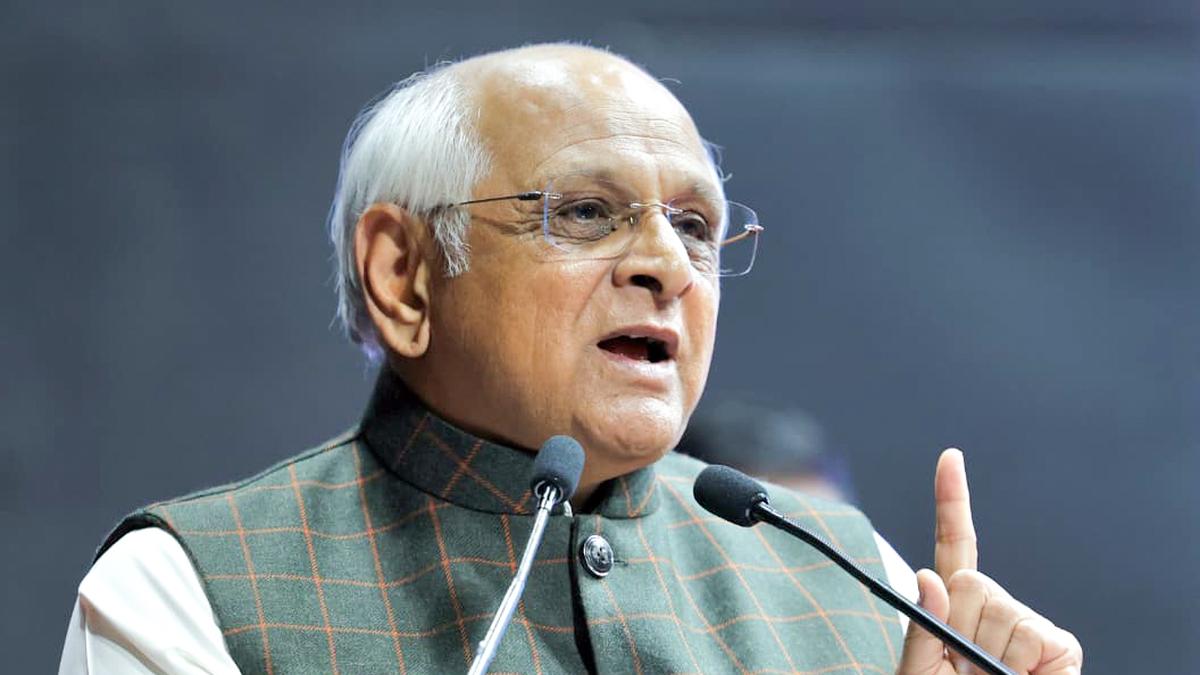The Cyber Crime Unit of Hyderabad City Police has cautioned citizens to stay alert against a surge in online scams as fraudsters are exploiting the Diwali shopping rush with fake websites, phishing links, and fraudulent advertisements promising deep discounts on gadgets and gifts.
According to the police, cybercriminals are using deceptive tactics such as bogus e-commerce portals, malicious APK files, and fake social media advertisements to trick unsuspecting users into sharing personal and banking details. Many victims have reportedly suffered heavy financial losses after falling for these digital traps.
One of the common methods involves fraudsters sending links through WhatsApp, SMS, Facebook, Instagram, and Telegram, claiming to offer festival discounts or rewards. Once victims download the attached APK files or open phishing pages, malware is installed on their phones, giving fraudsters access to banking credentials, OTPs, and stored personal information.
In another variation, scammers send messages announcing that the recipient has “won a Diwali gift” or “exclusive festive reward” and then demand small processing fee or GST payments to claim the prize. Victims who comply often end up losing huge amount of money.
Meanwhile, a 29-year-old woman from Secunderabad recently lost ₹1,40,000 after she was duped by fraudsters posing as executives from a shopping site named Fashor. The caller, citing her past purchases, told her she had been shortlisted for a special Diwali gift offer and persuaded her to make multiple payments under the pretext of dispatch and tax charges for an iPhone 13 that never arrived.
In another case, a 69-year-old resident of Azampura lost ₹1,02,194 after calling a fake Blinkit customer care number found on Google. The fraudsters sent him an APK link through WhatsApp and instructed him to install it. Once he did, they gained remote access to his and his family’s phones, draining money from their bank accounts.
The police said many citizens fall prey to such scams by trusting visually appealing online ads, downloading unverified apps, making advance payments to unknown sellers, or sharing sensitive financial information without verification.
Citizens have been advised to avoid installing applications from unknown sources, verify shopping sites before making payments, and refrain from clicking on suspicious links or responding to messages offering gifts or rewards. Enabling two-factor authentication for banking and e-commerce accounts can also provide an additional layer of protection.
In the event of any cyber fraud, the police have urged victims to immediately contact the National Cyber Crime Helpline, 1930, or file a complaint at www.cybercrime.gov.in. Prompt reporting, they said, increases the chances of freezing fraudulent transactions and minimising financial losses.
Commissioner of Police V.C. Sajjanar said citizens must exercise caution while shopping online during the festive season and remain vigilant against offers that appear too good to be true.

 10 hours ago
3
10 hours ago
3









 English (US) ·
English (US) ·